10. Harry Potter and the Deathly Hallows: Part 2 (2011)
Worldwide box office: $1.341bn
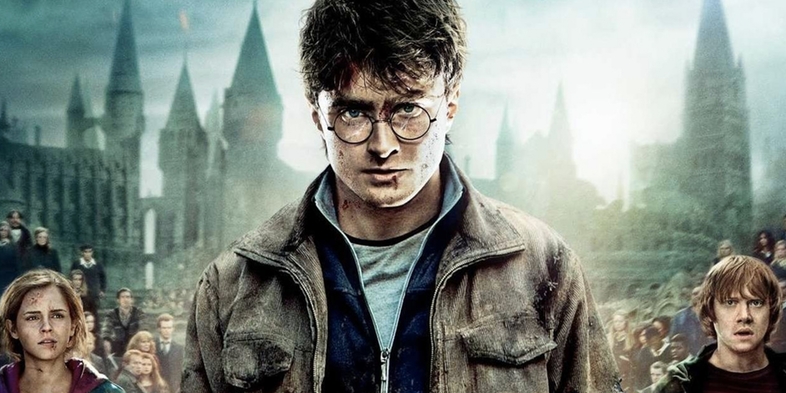
There was more than a little degree of certainty that the final Harry Potter film would break the billion-dollar barrier. The books and subsequent films had become a part of so many lives that to see the conclusion was an event worth going to the cinema for.
An additional joy was that the Deathly Hallows: Part Two was an exceptional final chapter in the franchise, giving all characters the farewell they deserve, most notably Alan Rickman’s performance as Snape- a masterclass in the pain of regret and responsibility.
While J.K. Rowling’s wizarding continues strongly in the cinema, the Harry Potter franchise was the place where we all first found the magic, and this conclusion is one that the fans deserve.
9. The Dark Knight Rises (2012)
Worldwide box office: $1.084bn
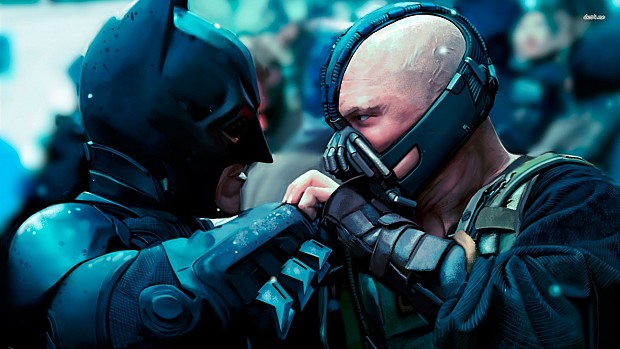
Every Christopher Nolan film is an event that demands attendance. Nolan has become the frontrunner for intelligent blockbuster cinema, who’s films prove that a popular blockbuster does not have to be a mindless orgy of explosions and mayhem.
The one problem that The Dark Knight Rises had was that it was following on from The Dark Knight, and therefore the weight of expectation could not be higher.
Comparison to The Dark Knight was inevitable and while Tom Hardy’s Bane pales in comparison to Heath Ledger’s Joker, The Dark Knight Rises moves the spotlight away from a scene-stealing antagonist and instead focuses on Bruce Wayne attempting to find the strength to save Gotham once more.
Nolan keeps faith with the cast of Inception, bringing Tom Hardy, Joseph Gordon-Levitt and Marion Cotillard to the party, and all impress here, as the Dark Knight Trilogy is brought to a close with Nolan’s almost trademark open endings.
8. Star Wars Episode VII: The Force Awakens (2015)
Worldwide box office: $2.068bn
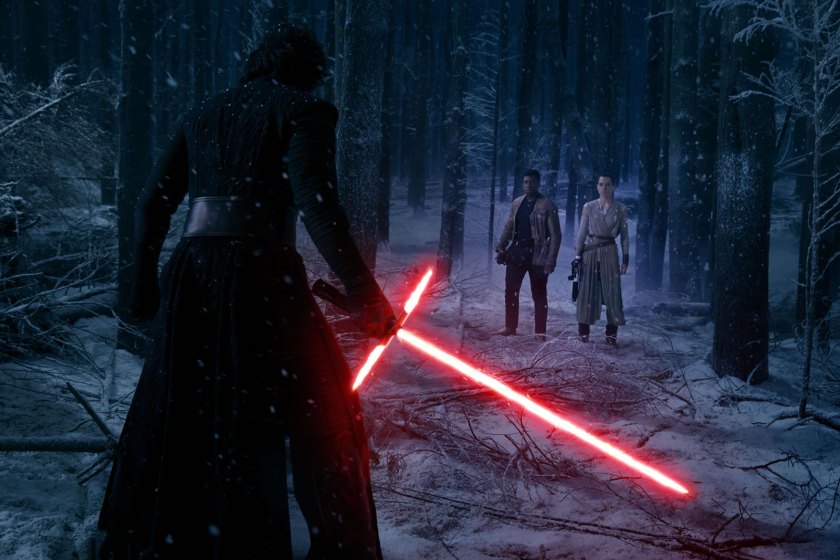
JJ Abrams had to deal with the expectation and the pressure of one of the largest fan groups in cinematic history when he was tasked with reinvigorating the Star Wars franchise, which had stagnated following the unloved prequel trilogy.
What Abrams managed to do was rekindle the spirit of the original trilogy, the sense of fun and excitement, while adding new, three-dimensional characters and a wonderfully sinister villain to make a film that loved and respected the material from which it comes.
The lack of input from George Lucas only serves as a positive, as JJ Abrams uses his love of Star Wars, his experience from his own science fiction back catalogue (Super 8) and his experience working with Steven Spielberg to make a film that delights audiences with its good-natured desire to entertain and put a smile back on the faces of its fans.
7. Avengers Assemble (2012)
Worldwide box office: $1.518bn
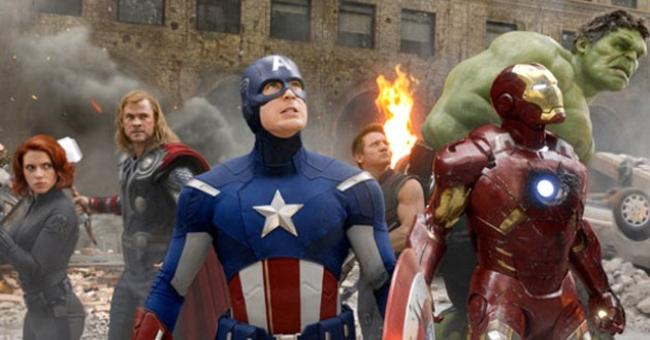
Avengers Assemble has one valuable asset that makes it stand out from its fellow Marvel films: a captivating villain. While so many superhero films devote most of their running time to establishing the protagonist, their enemy is often overlooked. Joss Whedon made certain that there were no such problems here, as Tom Hiddleston’s Loki has an agenda, a determination to see his plan through, and enough allotted screen time so he can be a key feature of Avengers Assemble.
Bringing together Iron Man, Captain America, Hulk and Thor for the first time allowed Joss Whedon to bring his screenwriting qualities to the fore, and he needs no invitation to load his characters with colourful dialogue and childish quips aimed at one another, the “Shakespeare in the park” quarrel being a highlight.
Even the obligatory third-act obliteration of a well-known American city is handled with a love and care for the story, with Whedon focussing on cementing the team of heroes together.
6. Zootropolis (2016)
Worldwide box office: $1.023bn
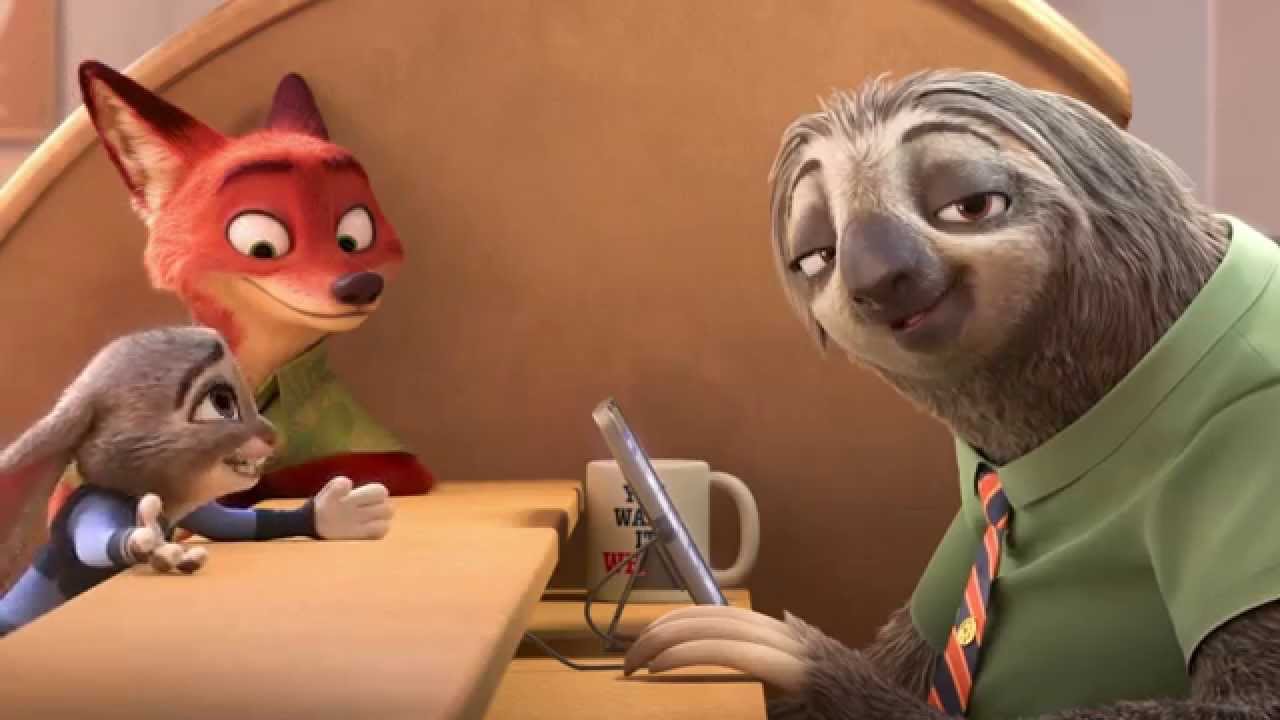
Borrowing from the Pixar formula of creating a film that works for children and adults alike, Zootropolis is a delightful animation, following the young bunny Judy Hopps on her journey to becoming a police officer in Zootropolis. While being given menial tasks by her disapproving superior officer, Hopps decides to do some policing of her own, looking for clues in a missing mammal case, which seems to have roots high up the food chain in Zootropolis.
The animation, writing and voice acting is uniformly terrific, and the film smartly promotes the message of inclusion, and the idea that your appearance should not be derogatory to your aspirations in life is a strong theme throughout.
5. Jurassic Park (1993)
Worldwide box office: $1.029bn
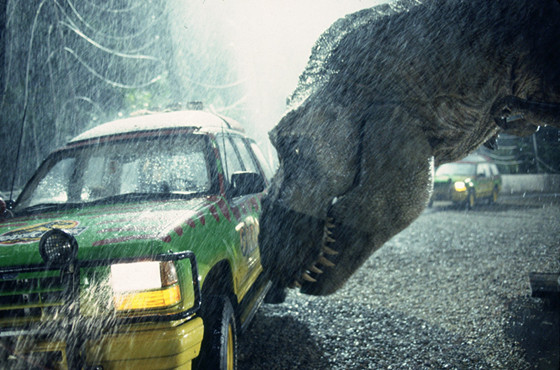
Steven Spielberg’s films have often been imitated but never rivalled. He is a true master of his craft, a storyteller who recognises that a film can only be as strong as its characters. His ability to bring out exceptional performances in the young stars is highly beneficial as they often carry much of the dramatic and emotional weight of his films.
Jurassic Park represents Spielberg at the height of his powers, crafting a thrill-ride of an adventure that marries spectacle, nerve-wrangling set pieces and strong performances.
It is often too easy to take Spielberg for granted, yet there are only a handful of directors who can claim to have had a career of such consistency. Spielberg’s filmography deserves all the respect he gets, and Jurassic Park is just one of the jewels in his crown.
4. Toy Story 3 (2010)
Worldwide box office: $1.067bn
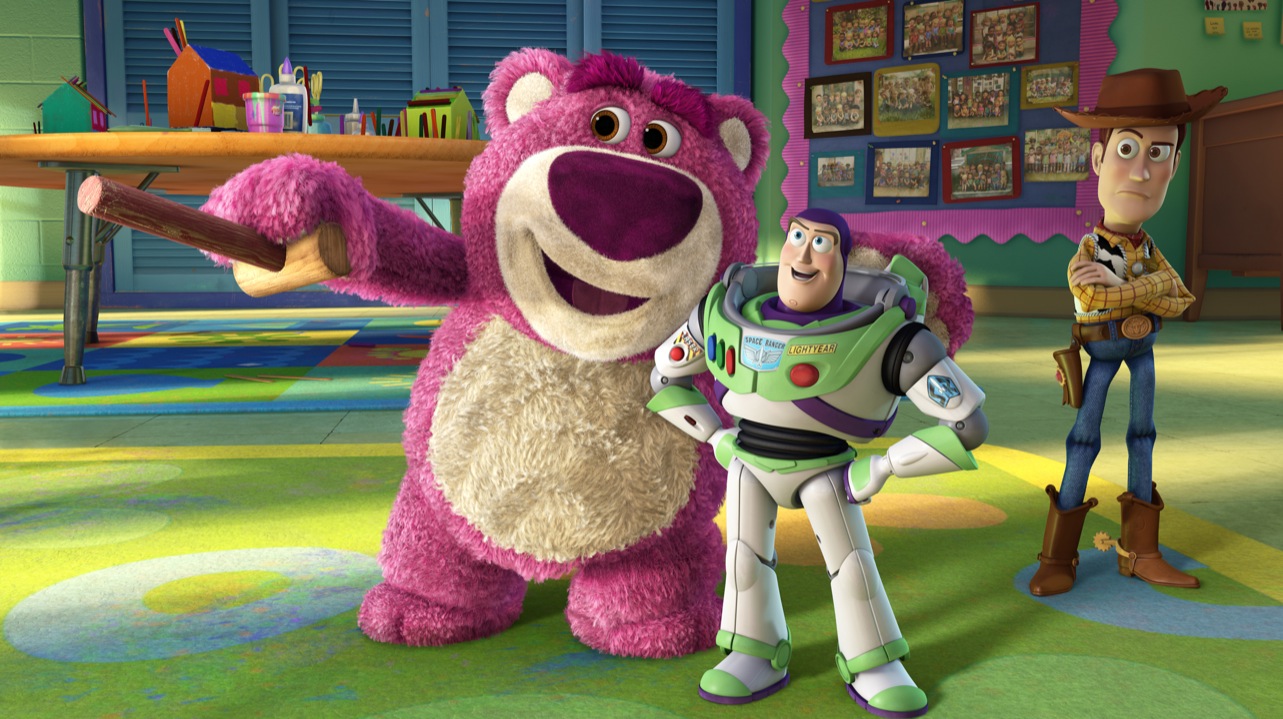
The most wonderful aspect of Toy Story 3 is just how familiar the sadness of it is. The story finds Andy facing the most inevitable of challenges in life: growing up. His imminent departure to college means that the gang of toys that have been symbolic of his childhood are to become obsolete, destined for the attic.
The fact that such adult themes of loss and pain are so prominent in a children’s film is a brave move by Pixar and yet it pays off hugely in a film that will affect people who have grown up more than younger viewers.
Fighting the tide of change is, of course, a losing battle and the unavoidable conclusion is a tough pill to swallow, perhaps because it would be easier if we didn’t grow up, even though we have no choice but to do just that.
3. The Lord of the Rings: The Return of the King (2003)
Worldwide box office: $1.119bn

Peter Jackson’s Lord of the Rings is among the strongest trilogies in cinema, embracing the complexity of the literary source while adding a visual sensibility that is nothing short of astonishing. The battle sequences in this film and the trilogy have yet to be matched in terms of scale and invention.
On a performance level, the cast is uniformly terrific, with Andy Serkis’ performance as Gollum/Sméagol a highlight and a quality in acting that did not get the recognition that it deserved at the time. The way that Serkis manages to make Gollum as real as the characters around him is nothing short of an acting masterclass.
While the film overstays its welcome with several drawn out final scenes that attempt to manipulate as much emotion out of the audience, The Return of the King is a spellbinding epic that draws the curtains on the story of Frodo and the Ring in a grand style.
2. Skyfall (2012)
Worldwide box office: $1.108bn
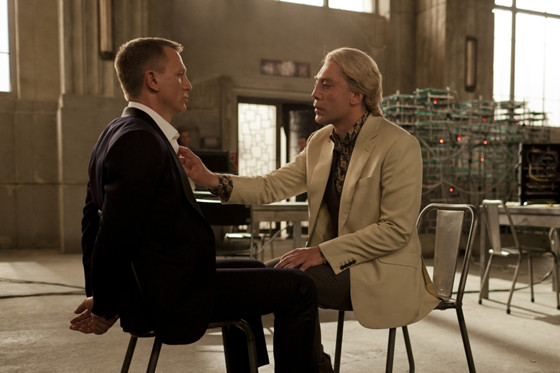
Released right on cue to celebrate the fiftieth anniversary of the James Bond cinematic franchise, Skyfall delivered on every level, raising the bar for spy thrillers and Bond films alike.
Perhaps to steal the limelight back away from films such as the Bourne series, Skyfall is a film set in the present day and yet is based almost entirely in the past. Old tragedies, grudges and secrets come to light as Bond must fight to protect “M” (Judi Dench) from the frighteningly blonde Silva (Javier Bardem delighting in a performance that goes from camp to psychotic in a heartbeat).
Perhaps the smartest move that the creative team behind Skyfall made was to remove the “Bond girl” aspect. The Bond girl was simply on screen to be the damsel in distress, an object for Bond to save and subsequently conquer.
By centring the story on the relationship between Bond and “M”, the film is more interested in dealing with their history and “M”’s position as a surrogate mother to Bond than girls and gadgets. Skyfall shows the James Bond franchise maturing and becoming a more intimate and personal experience.
1. The Dark Knight (2008)
Worldwide box office: $1.004bn
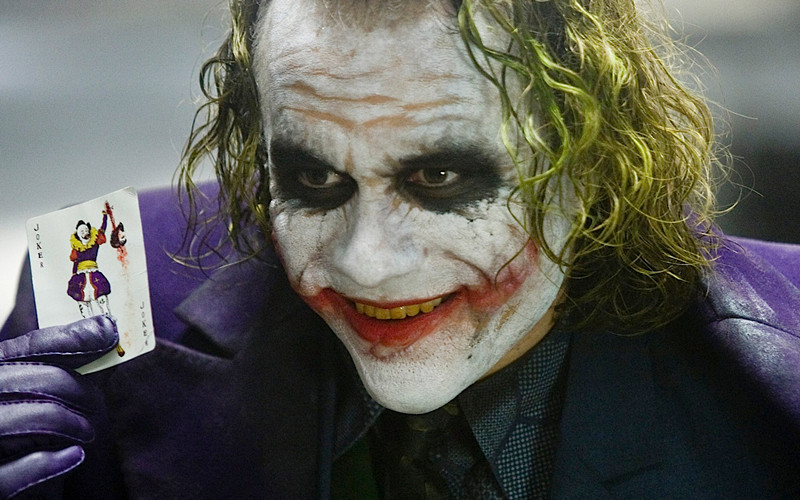
The film that only just managed to claw its way into the “billion-dollar club” is, by some distance, the most deserving film on the list. There is no direct correlation between critical success and box-office takings and yet Christopher Nolan’s phenomenal second visit to Gotham City is nothing short of a career defining piece.
Nearly a decade after its release, The Dark Knight still stands head and shoulders above the competition, not only within the superhero genre, but in blockbuster cinema. While Heath Ledger’s performance is the one thing that is rightly remembered from the film, it is Christopher Nolan’s refusal to bow down to comic book tropes that make it stand out. The film is more akin to a psychological thriller than anything else, as The Joker holds Gotham City to ransom, attempting to lure out the darker side that he believes in lingering within Batman.
Ultimately, because the film is so adored, there is not much to add that hasn’t been written about or spoken of before. Put simply, if you have not yet seen The Dark Knight, you are missing out on one of cinema’s great spectacles.